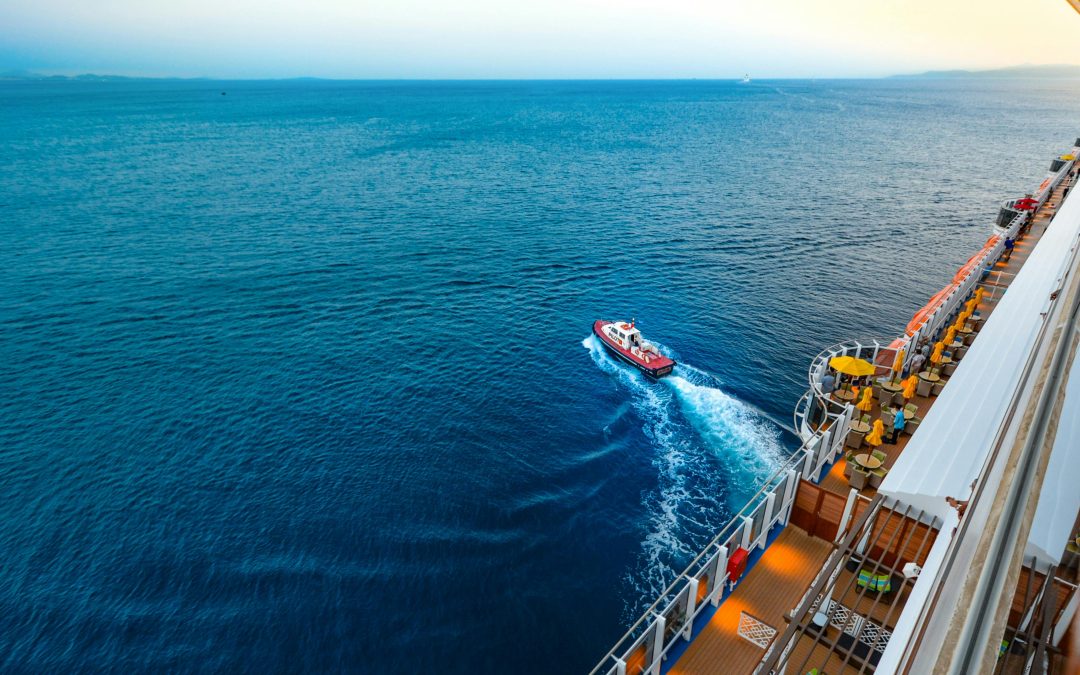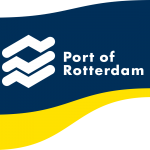The 12 members of the Zero Emission Port Alliance (ZEPA) mark a year of collaboration with the release of three pivotal reports with findings from the broad alliance of port operators, port authorities and OEMs. They provide insights into rising demand for battery-electric container handling equipment, new voluntary design standards, and strategies to enhance port power infrastructure.
ZEPA was founded in 2023 with the commitment to accelerating the adoption of Battery-Electric Container Handling Equipment (BE-CHE) to speed up port decarbonisation and make BE-CHE affordable and accessible within this decade.
Its three industry reports zoom in on specific aspects of decarbonising the port and infrastructure. One critical aspect is the demand for battery-electric container handling equipment in order to make it available and accessible for a broad range of operators.
ZEPA Expects Rapid Acceleration in Demand for BE-CHE by 2035
The Alliance finds that demand for BE-CHE is expected to accelerate rapidly in the coming years. The analysis marks the industry’s first-ever insights into the significantly increasing demand for BE-CHE.
By 2035, nearly all new container handling equipment purchases by ZEPA Terminal Operators, representing 15% of the total market, will be battery-electric, implying that diesel-fuelled options are set to become virtually obsolete. Purchasing expectations of ZEPA’s terminal operator members indicate that the share of most battery-electric machines in purchases of container-handling equipment will grow to more than 94% from 2031 to 2035, up from 76% in 2025 to 2030. For OEMs, this shift underscores the urgency of aligning product portfolios with the battery-electric revolution.
If the current cost gap between electric and diesel equipment closes by 2035, the expected sales of electric container handling equipment will be even higher and accelerated. This trajectory is underpinned by Terminal Operators’ own decarbonisation targets and commitments to market, as well as regulatory pressures and policy initiatives that will drive decarbonisation.
Driving Adoption Through Standardisation: ZEPA’s 2024 Voluntary Standards
The current lack of standardisation in the BE-CHE market has been a key barrier to widespread adoption, leading to inefficiencies, higher costs, and limited interoperability. Standardisation will – by definition – reduce variations between comparable products and focus BE-CHE development on concrete objectives, unlocking economies of scale and increasing the interoperability of container handling vehicles and charging equipment.
ZEPA’s second report releases a set of 11 voluntary standards for battery-electric Terminal Tractors and Straddle Carriers. The ZEPA 2024 Voluntary Standards have been co-developed by container handling equipment manufacturers and users from across the port industry. They are open standards, free for any Terminal Operators and equipment manufacturers to use in their procurement discussions and to help Terminal Operators choose the most cost-effective charging strategy.
The ZEPA 2024 Voluntary standards prioritize and focus on Terminal Tractors and Straddle Carriers. Terminal Tractors are the highest volume vehicles and produce the largest share of emissions, so their electrification will have the largest decarbonising impact. Straddle Carriers, on the other hand, have the biggest TCO difference with diesel equipment and are the most challenging to electrify.
Grid and infrastructure upgrades are no-regret moves to enable port decarbonisation
The rapid adoption of BE-CHE is an early driver of the surge in power demand within ports now gathering strength. In fact, the total electric load of an average terminal operator can be a multiple of what it is today by 2030 and ensuring the grid capacity to accommodate this increase can require significant lead time to achieve. ZEPA’s third report on strengthening port power infrastructure and load management highlights a critical reality: without sufficient grid power, terminal operations could face significant bottlenecks, potentially hindering the industry’s ability to meet decarbonisation goals and maintain operational efficiency.
The report emphasizes that increasing grid capacity and upgrading infrastructure are no-regret moves for Terminal Operators and Port Authorities, given the expected rise in electricity demand in the coming decade. Additionally, it recommends that Port authorities, port tenants and grid operators alike should closely collaborate and each have a role to play. Together they can explore strategies to avoid demand peaks and enable flexible load management. These measures will maximize the utilization of existing grid capacity and ensure efficient port decarbonisation. The report also includes a Port Electrification Toolkit that supports stakeholders in the port community in their electrification journey.
The three reports show unprecedented alignment by stakeholders from across the industry on the need for BE-CHE and the minimum requirements to make BE-CHE affordable and accessible marks a bold step toward achieving zero-emission port operations. Despite some being competitors, the members have successfully collaborated over the past year across the multiple workstreams. APM Terminals, CATL, DP World, InductEV, Kempower, Patrick Terminals, Port of Aarhus, Port of Rotterdam, Rocsys, Sany, SSA Marine, and ZPMC have come together to co-create open solutions for the benefit of the entire sector. We are also pleased with the endorsement of these reports by Eurogate, further uniting industry leaders in the pursuit of zero-emission port operations. The work has been supported by Systemiq as its secretariat, providing analytical and organisational expertise throughout the development of the industry reports.
Sahar Rashidbeigi, Global Head of Decarbonisation, APM Terminals, stated: “I’m truly proud of what we’ve achieved as a collective in such a short time. The commitment from ZEPA members to dive deep into the topic and, through consensus, produce detailed guidelines on expected demand, standardization, and grid readiness is a clear sign of how real and powerful the electrification trend is. ZEPA is ultimately about building and de-risking an ecosystem of relevant players, with the goal of making electric equipment the norm by the end of this decade. While the necessary change is systemic, ZEPA’s success won’t be complete without the actions of individual members to walk the talk.
At APM Terminals, we are on track with rolling out electrified terminal equipment across our global portfolio, and the results so far are highly encouraging. For example, beyond reduced noise and air pollution, our operators tell us that these machines provide smoother rides and more precise handling, thanks to the instant high torque, leading to a better working environment on top of cutting emissions.”
Michael Jovicic, CEO, Patrick Terminals, stated “At Patrick Terminals, we are committed to supporting the transition to zero-emission terminal operations over time. Through our participation in the Zero Emission Port Alliance, we are collaborating to drive innovation, share expertise, and encourage collective action. Patrick’s commitment to decarbonising is exemplified by our deployment of nine cutting-edge battery-electric terminal trucks and fast chargers at our Fremantle operations—an Australian first in port electrification.”
Jesse Makkonen, Segment Owner, Marine and Ports at Kempower, stated “We at Kempower are thrilled to collaborate with ZEPA in accelerating the electrification of ports. By providing comprehensive DC charging solutions, including both hardware and software, for port operators we are helping make the electrification of ports not only accessible but also practical. Together with ZEPA, we are proud to drive innovation and sustainability, paving the way for cleaner and greener ports,”
Crijn Bouman, CEO and Co-Founder of Rocsys said, “Ports decarbonisation through full vehicle electrification and autonomation can only be achieved when electric and self-driving vehicles like terminal tractors are combined with autonomous, hands-free charging. At Rocsys we are proud to work alongside our partners in ZEPA to establish new standards and build the infrastructure and ecosystem that will help drive decarbonisation across port terminals.”
Source: Zero Emission Port Alliance (ZEPA)






